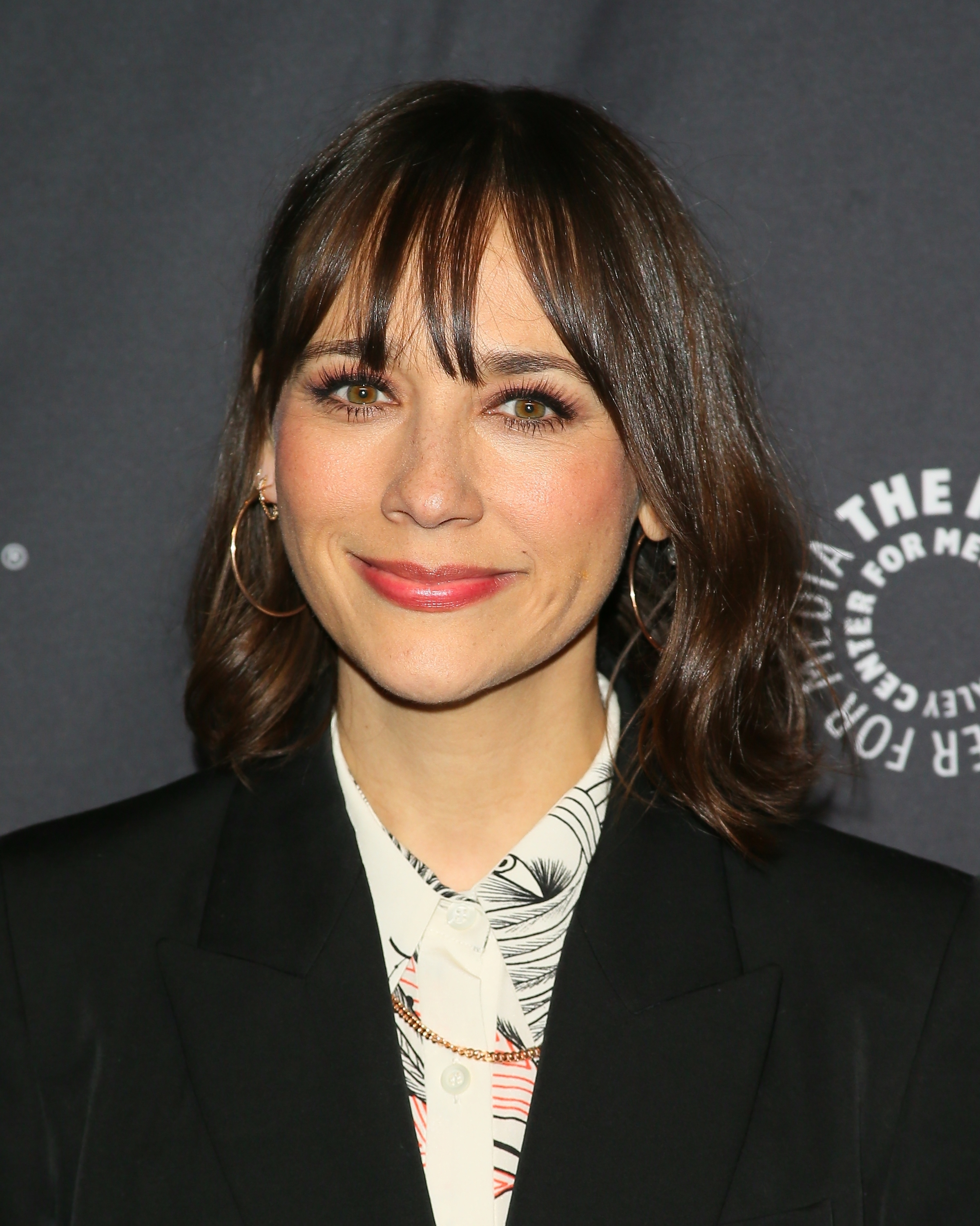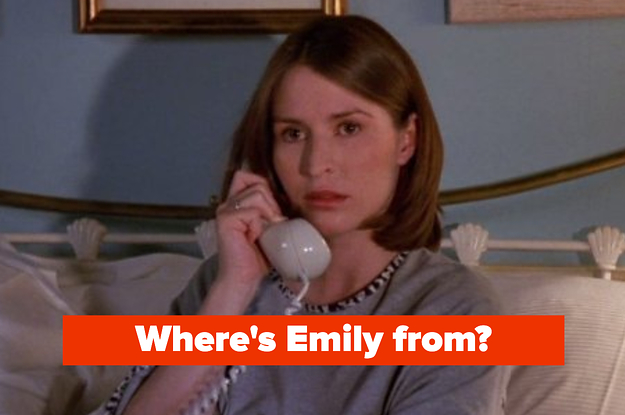Rashida, who is the daughter of legendary music producer Quincy Jones, bluntly told a journalist that she is “ethnic” when quizzed on her “tan” during an awkward interview moment.
Posted 5 minutes ago
Back in 2015, anybody watching the Screen Actors Guild Awards red carpet was left with a severe case of second-hand embarrassment following a seriously awkward moment involving Rashida Jones.

Steve Granitz / WireImage
The Parks and Recreation star was looking sensational in an Emanuel Ungaro dress when she was interviewed by TNT correspondent Danielle Demski, who couldn’t help but gush over her appearance.
“You look amazing, gorgeous!” Danielle began, before adding: “You look like you’ve just come off an island or something. You’re very tan, very tropical.”
Rashida was visibly confused by this comment, and remained deadpan as she reminded Danielle: “I mean, you know, I’m ethnic.”
For context, Rashida is biracial: her dad is the legendary music producer Quincy Jones, who is Black, and her mom is actor Peggy Lipton, who is Jewish.

Angela Weiss / Getty Images
Needless to say, the cringeworthy moment went viral on social media at the time, and became so iconic that it is still referenced to this day.
And in a recent interview with the New Yorker, Rashida admitted that she wasn’t in the best mood when the whole thing went down, which may explain her blunt reaction.

Christopher Polk / Variety via Getty Images
The star also revealed that she has had to be proactive in making sure that she isn’t “whitewashed” throughout her career, even though she spent 15 years being rejected from Black roles.
When asked about the red carpet exchange, Rashida said: “I was a little grumpy, I’m going to admit. I was, like, Not today, Jesus. Not today.”
“You could have said, ‘Have you not heard of my famously Black dad?’” the interviewer then pointed out, to which Rashida replied: “I know. As much as I might feel confused about where I belong at times, I feel comfortable with who I am. I’ve never hidden who I am.”

Lester Cohen / Getty Images for The Recording Academy
“I’ve never led with anything that didn’t feel true to me. I don’t want to show up and try to represent something that I’m not,” she added.
Echoing this mindset, Rashida shared how she has ensured that she hasn’t been represented as a white woman onscreen over the years.
“I will just say for the record, I’ve never been whitewashed, meaning I would never let somebody cast me with two white parents,” she explained. “But for the first 15 years of my career, I would go in and read for Black parts, but I just wouldn’t get cast. And there weren’t a ton of biracial people with my hair and my eyes on TV.”

Jean Baptiste Lacroix / Getty Images
And this is why Rashida was “so happy” when Kenya Barris wrote a role especially for her in his 2020 Netflix sitcom #blackAF, which is about a Black family.

Netflix / Via youtube.com
“I’d never gotten to play that side of myself,” Rashida explained. “So maybe it’s about who’s in charge. He sees me, he knows me, and he’s, like: ‘Oh, you know what would be funny for her to play?’ But that also means that’s one other thing that fills in the spectrum of how people are represented on TV.”
.png)
 2 months ago
9
2 months ago
9









 English (US) ·
English (US) ·